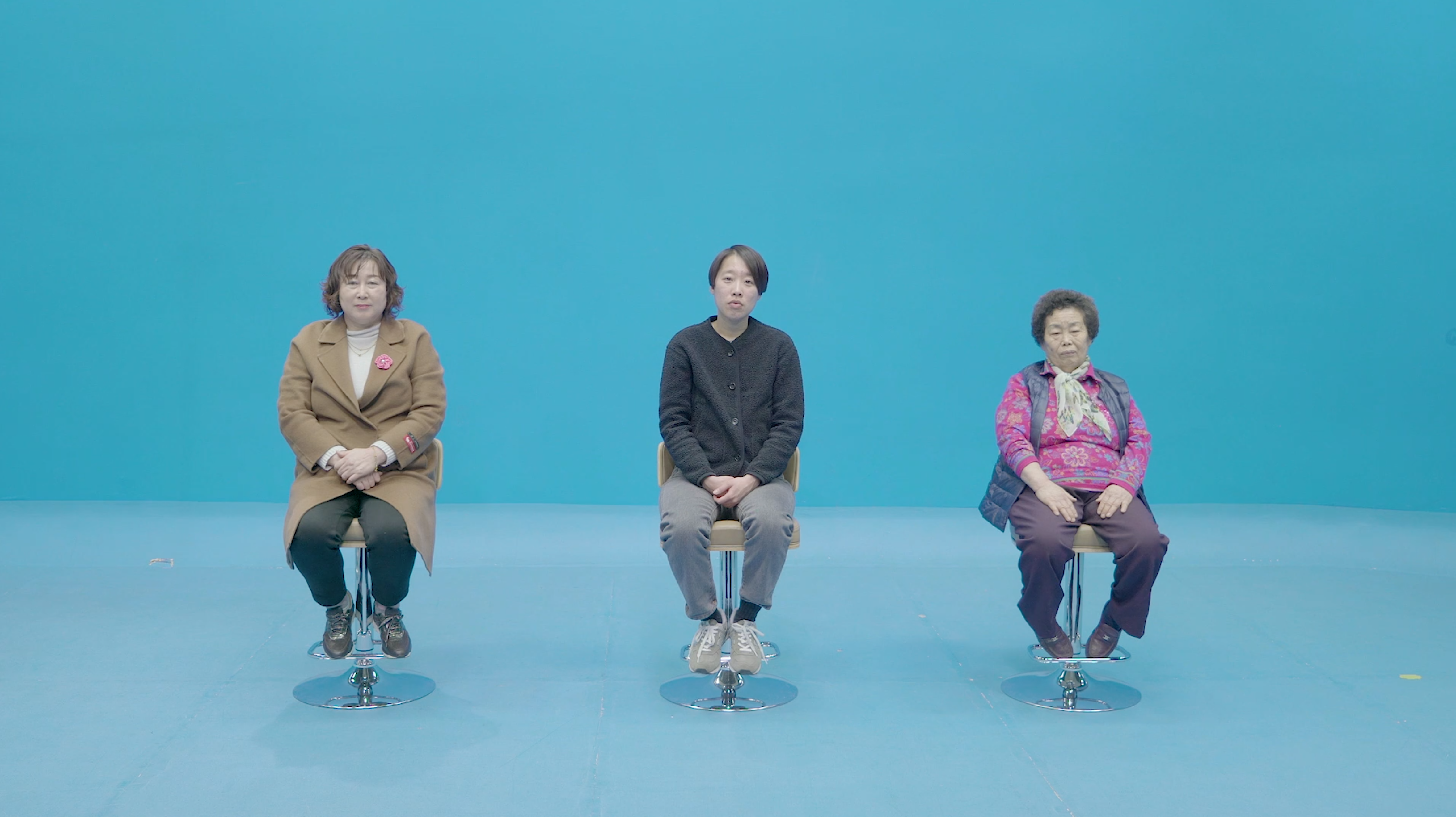Title: Our Bodies (in development)
Genre: Documentary
Director: Bora Lee-Kil
Producer: Sona JO
Logline: After an abortion, I turn to my mother and grandmother. Their silence sends the director on a journey that asks provocative questions about women's bodies.
︎ Developed from the Master's program, Netherlands Film Academy
︎ Selected for Berlinale Talents, Doc Station (2020)
︎ Selected for Union Docs, Summer Documentary Lab (2023)
︎ Selected for Chicken & Egg Pictures Research & Development Grant, supported by Netflix’s Fund For Creative Equity (2023)
Genre: Documentary
Director: Bora Lee-Kil
Producer: Sona JO
Logline: After an abortion, I turn to my mother and grandmother. Their silence sends the director on a journey that asks provocative questions about women's bodies.
︎ Developed from the Master's program, Netherlands Film Academy
︎ Selected for Berlinale Talents, Doc Station (2020)
︎ Selected for Union Docs, Summer Documentary Lab (2023)
︎ Selected for Chicken & Egg Pictures Research & Development Grant, supported by Netflix’s Fund For Creative Equity (2023)
